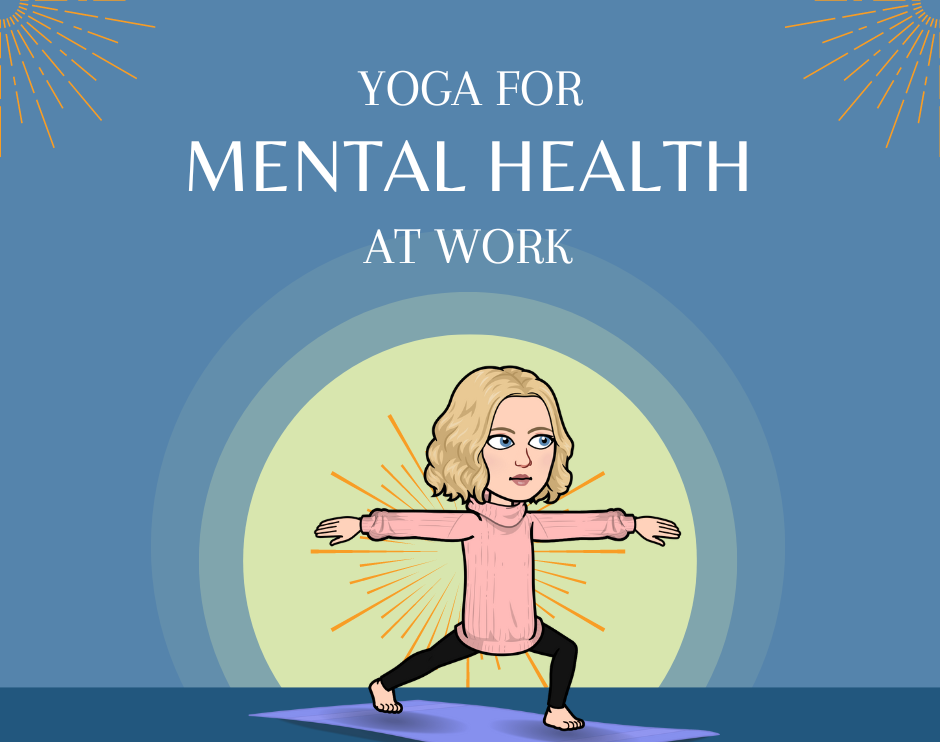Introduction
In today’s fast-paced world, prioritizing mental health has become increasingly crucial. Yoga, an ancient practice originating from India, has emerged as a powerful tool for promoting mental well-being. This article explores the profound connection between yoga and mental health, shedding light on its numerous benefits and practical applications.
Understanding the Connection Between Yoga and Mental Well-being
The Mind-Body Connection in Yoga
Yoga is more than just a physical practice; it is a mind-body discipline that emphasizes the integration of breath, movement, and mindfulness. By bringing awareness to the present moment through yoga postures (asanas) and breathwork (pranayama), practitioners can cultivate a deeper connection between their bodies and minds.
How Yoga Impacts Mental Health
Numerous studies have shown that yoga can have a profound impact on mental health by reducing stress, promoting relaxation, and enhancing mood. Through regular practice, individuals can develop coping skills to manage anxiety, depression, and other mental health challenges.
Key Benefits of Yoga for Mental Health
Stress Reduction and Relaxation Techniques
One of the primary benefits of yoga for mental health is its ability to reduce stress levels. The practice of yoga encourages relaxation through gentle movement, deep breathing, and mindfulness techniques, helping to calm the nervous system and alleviate tension in the body.

Related: The Future of Yoga: Embracing Innovation and Evolution
Anxiety and Depression Management
Yoga provides effective tools for managing anxiety and depression by promoting emotional balance and resilience. Furthermore, studies have shown that yoga practices such as asana, meditation, and pranayama can significantly reduce symptoms of anxiety and depression, thereby offering relief for individuals grappling with these conditions.

Improved Mood and Emotional Regulation
Regular yoga practice improves mood and emotional regulation. It cultivates self-awareness and mindfulness. By tuning into their bodies and breath, practitioners manage emotions better for overall well-being.
.


